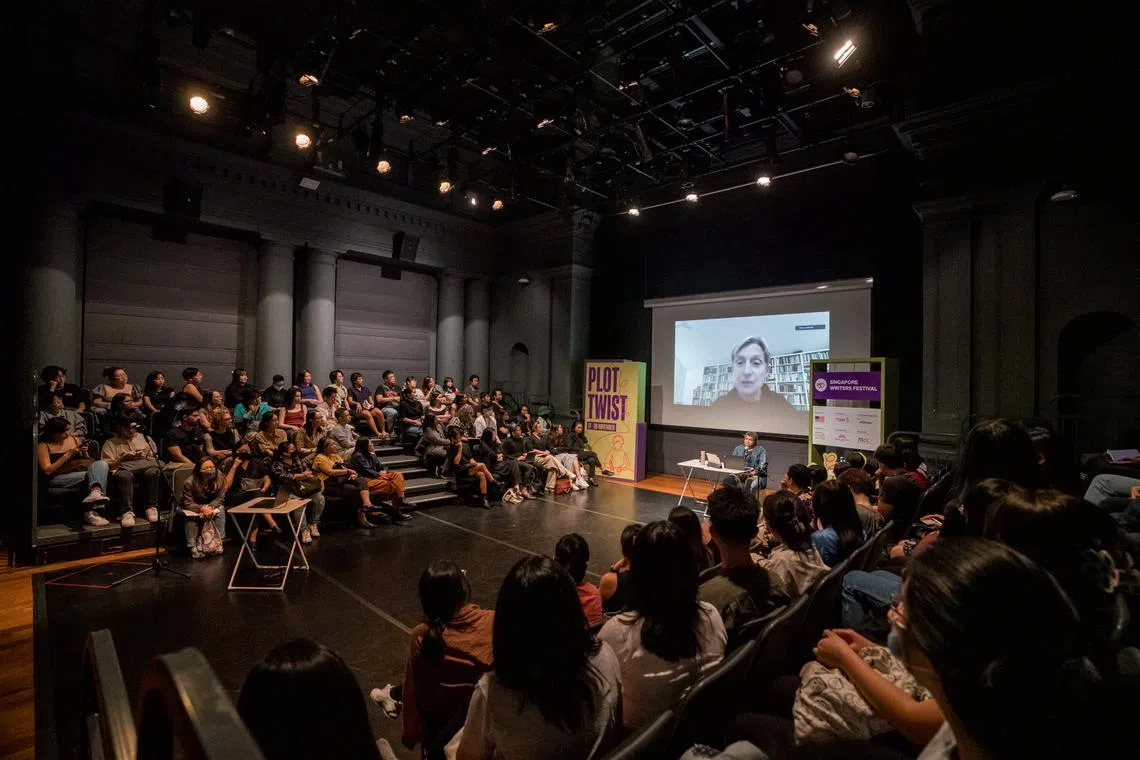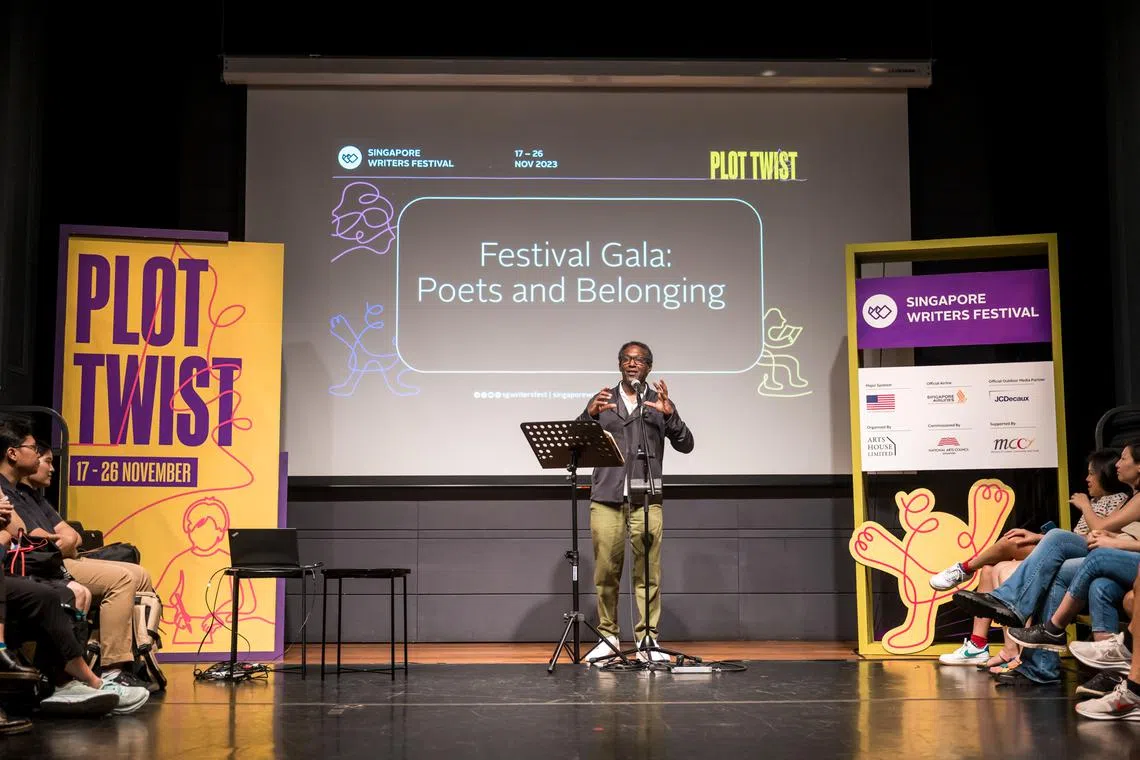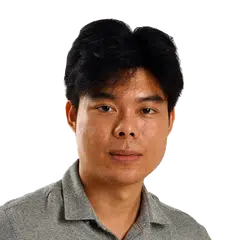Singapore Writers Festival: Judith Butler discusses ‘fascist passion’, Lemn Sissay charms at recital
Sign up now: Get ST's newsletters delivered to your inbox

Judith Butler appearing virtually for a keynote talk at the Singapore Writers Festival on Nov 25.
PHOTO: ARTS HOUSE LIMITED
SINGAPORE – Those who are for freedom and equality must find ways to work across differences and form broader alliances, as a new trend of “fascist passion” threatens the rights of the vulnerable and those living in perilous conditions everywhere.
This was the thesis of third-wave feminist writer Judith Butler, who appeared virtually for a Singapore Writers Festival keynote talk in the Play Den at The Arts House on Nov 25.
In typical scholarly fashion, the American philosopher clinically parsed the “enigmatic” emotive force of those who feel excited about denying the rights of others, pointedly using the label fascist, which carries immense historical and moral weight and is usually used only for full-fledged states.
Prof Butler believes this definition now requires updating so this groundswell of “ungovernable” emotions – “part sadism and part freedom from constraint” – can be confronted directly.
“A passion leaves the one undergoing it both out of control and excited to be out of control,” said Prof Butler, who is legally non-binary. “(There is) some possibility of living in a lawless way under the law, especially when the government, its policies and laws not only permit such a passion, but endorse and incite it as morally right.”
The gender scholar is the author of Gender Trouble (1990) and Bodies That Matter (1993), influential texts that are staples in universities globally.
The one-hour session was moderated by National University of Singapore associate professor of geography Kamalini Ramdas, who asked how people in states with laws that discriminate against them should exist and find one another.
No set of laws can govern a person totally, Prof Butler said. “It cannot totally capture everything about you. Nor can it capture everything about your relationships. There’s an ungovernable dimension to passion that we actually want to retain for ourselves and for our emancipation struggles.”

Lemn Sissay at a poetry recital on home and belonging.
PHOTO: ARTS HOUSE LIMITED
Earlier on Nov 25 at the same venue, poetry enthusiasts were treated to a recital by turns entrancing and cheeky by Singapore performance artist ArunDitha, Nigerian-British writer Yomi Sode and former chancellor of the University of Manchester Lemn Sissay.
Minorities in their respective countries of residence, their choices coalesced around the session’s theme of home and belonging. ArunDitha is a techno-shamanic writer who used a sampler to play back recordings of her elemental intonations while she read her spoken word creations.
Sode howled a war cry of defiance called Stretch about the anger at having his name butchered by white people in Britain, while Sissay charmed the audience with his offbeat sincerity, smart humour and maturity.
Asked how cities informed poets’ work, ArunDitha says art needs to be disengaged from capitalism as much as possible for it to be true, with the rapid pace of development in Singapore severely impacting the space and time so necessary to artists.
Sissay has an optimistic view of the city, and creatives. “In any environment, artists will always seek roots. Their energies will permeate the concrete and seek nature. The city has been a really fertile place for me to find nutrients and grow.”



